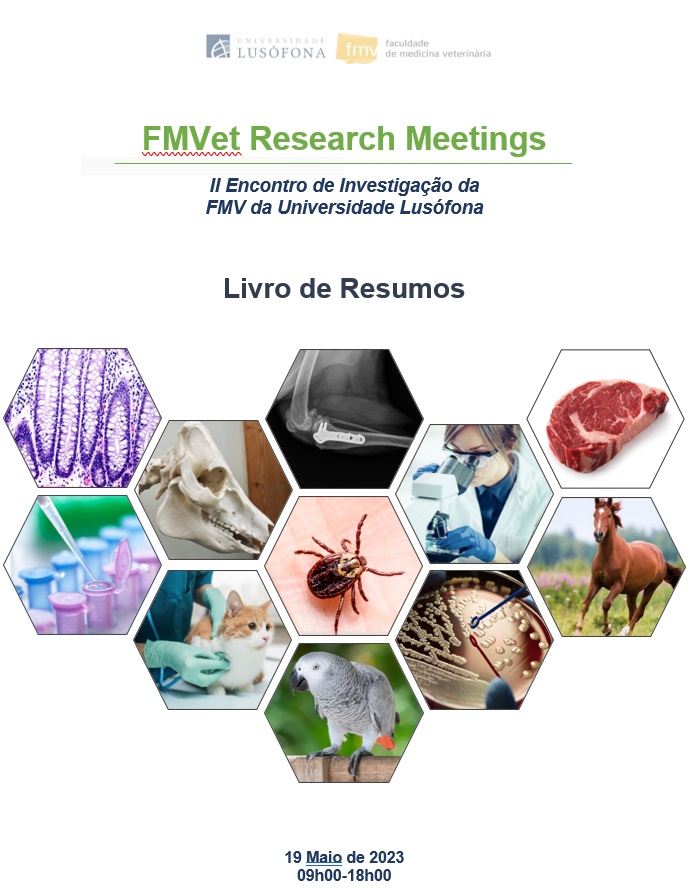Emergent zoonotic fish-borne parasitoses in Portugal
Resumo
Portugal has the highest per capita consumption of fishery products in the European Union and is a top-ranking country even in a global scale. The recent introduction of exotic eating habits, mainly raw and marinated culinary specialties, has raised the risk of previously irrelevant zoonotic diseases, particularly parasitic ones. Therefore, parasites represent one of the most important hazards in fishery products not only due to the wild nature of its hosts (most fishery products are originated from wild fish stocks) but also the lack of awareness among consumers regarding its risks.
In the past few years, some human zoonotic cases caused by the consumption of parasitized fish have been reported in Portugal for the first time. Apart from the risk of infection by live specimens, some fish parasites are also known to cause potentially fatal allergic reactions in human patients, while others exhibit carcinogenic potential.
Certain exotic zoonotic fish parasites are known to be geographically specific and require particular environmental conditions and hosts to complete their life cycles, which has prevented their introduction in Portugal. However, global warming and the growing exchange of goods and people marked by globalization and the recent influx of displaced people and animals may swiftly change that assumption. These continuous transformations keep molding our reality and, therefore, constant monitoring is required.
As such, this communication aims to sensitize the academic community and particularly veterinary students for the topic of emergent zoonotic fish parasitoses, the relevance of its characterization and ultimately its prime importance to food safety and public health.
Keywords: Fish; Parasites; Zoonoses; Food safety; Portugal.


